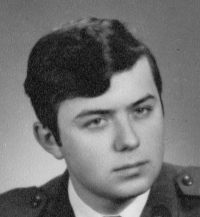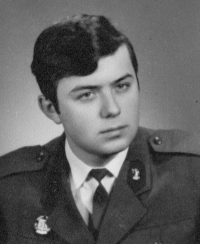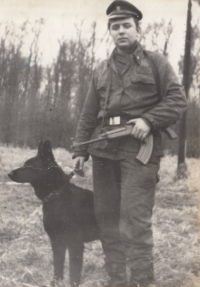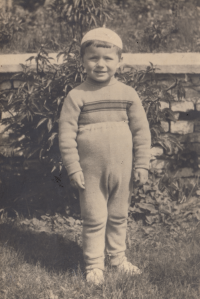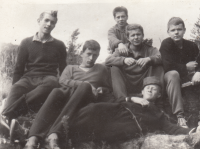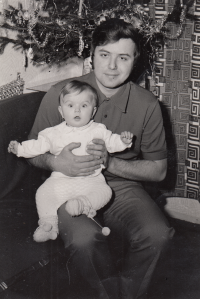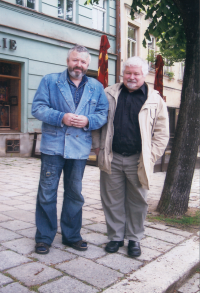As a border guard, he cheered people fleeing to the West: ‘It was pretty schizophrenic’

Download image
Antonín Holub was born on 17 February 1948 in Jihlava. His father Antonín was deployed from 1942 on the construction of submarine bunkers in Norway. In Trondheim, he experienced an Allied air raid. In 1951, he was imprisoned when, as postmaster, he refused to hand over the mail of persons singled out by State Security officers. After returning from prison in Jihlava, he got a job as a cleaner at the Motorpal factory. There, he also trained as a mechanic. In 1967-1969 he served in the Border Guard near Lanžhot, despite his cadre assessment. He experienced the occupation there in August 1968. In November 1968, a colleague, Timothy Sollar, escaped from his unit, and the entire unit was subsequently investigated by counter-intelligence. In civilian life he worked as a mechanic. In 1989 he worked as a chairman of the trade union in the Jihlava Tractor Company, in the same year he co-founded the Jihlava Civic Forum. He lived in Jihlava in 2023.
